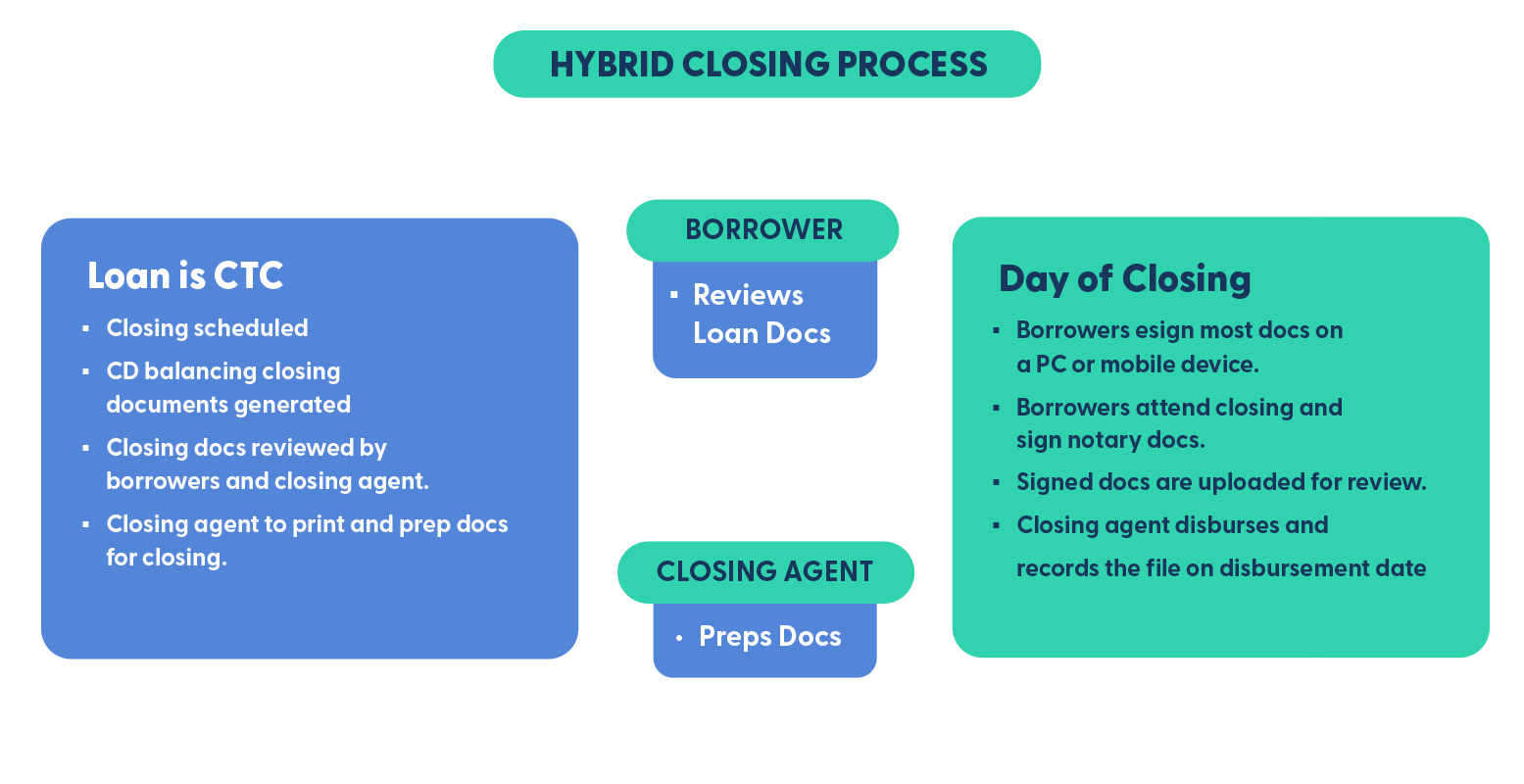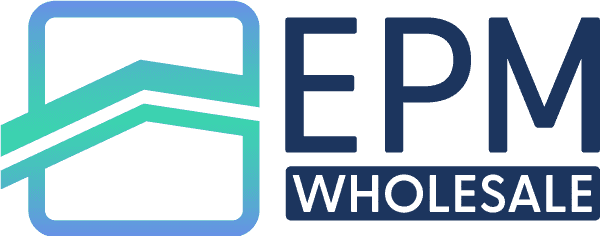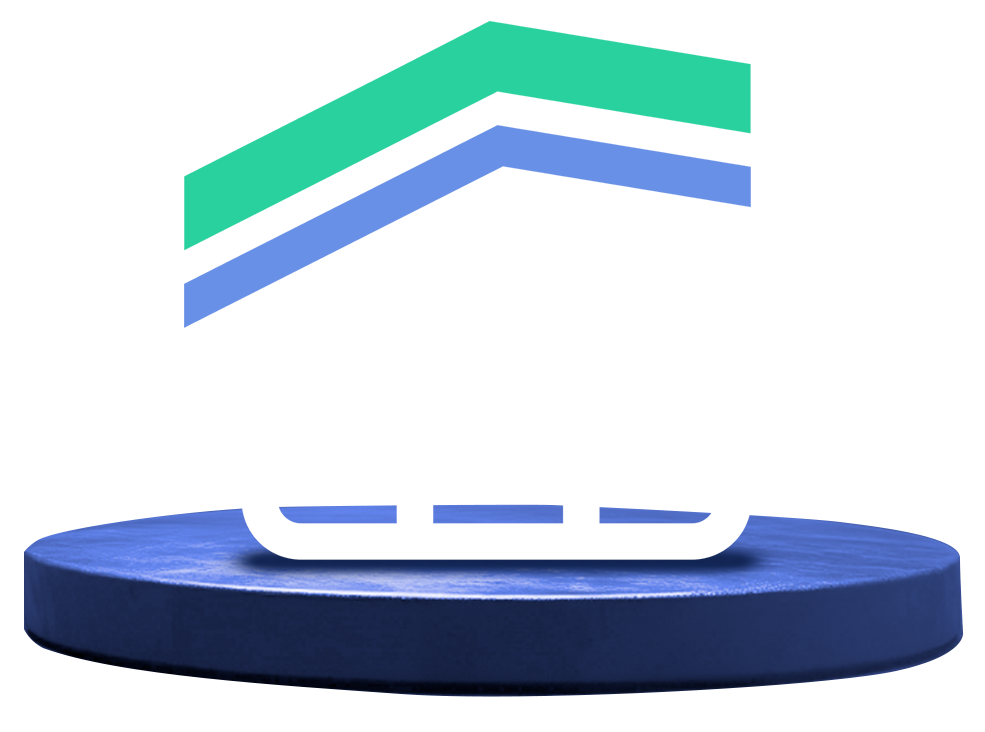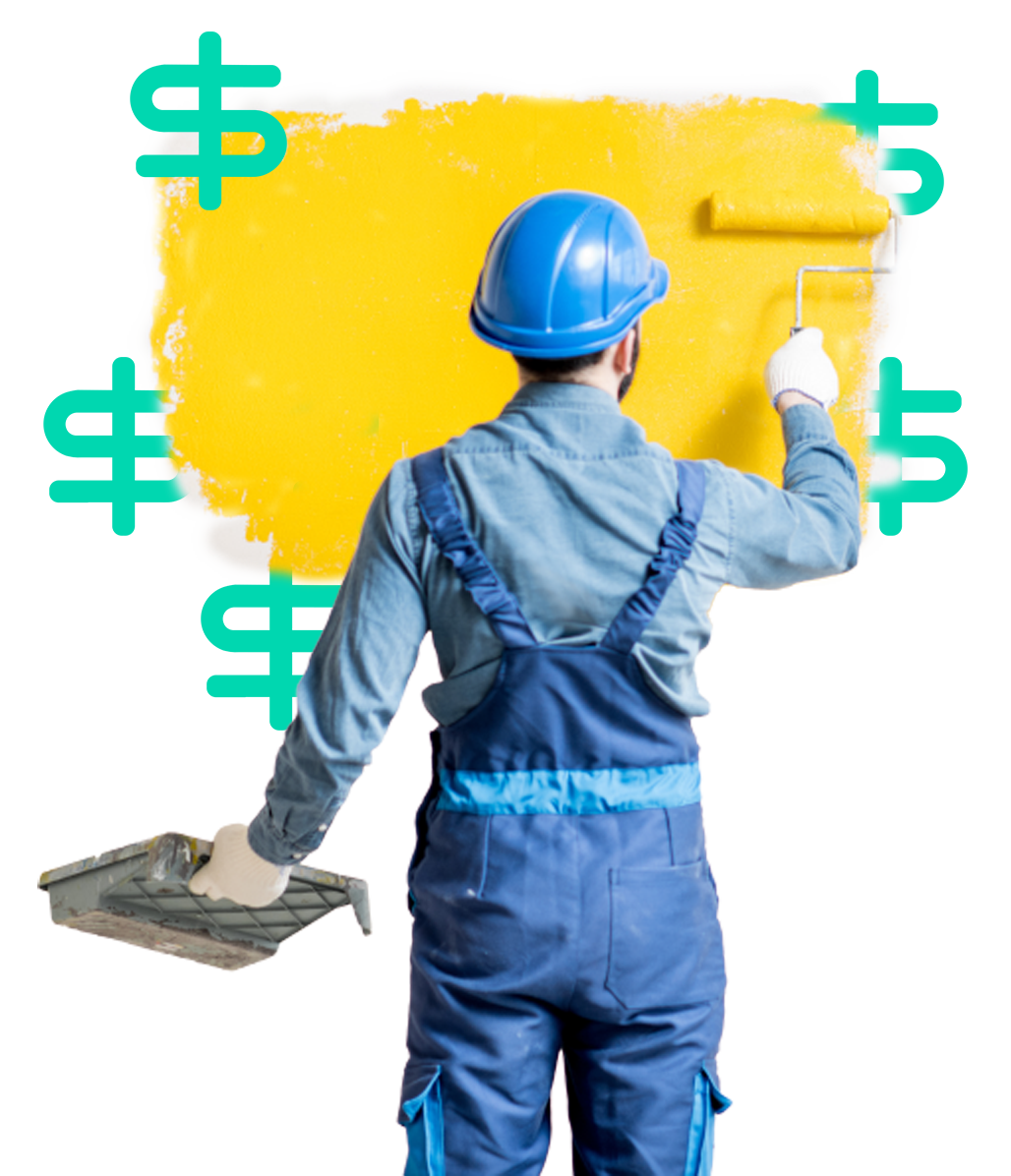Your all-in-one partner
Empower
Your Clients
Your Partner for
Delivering More
Attention
Brokers:
For TBD submissions
click here and
fill out this form.
Attention Brokers:
For TBD submissions
click here and fill out this form.
Why Choose EPM?
NEW LOANS SUBMITTED TO UNDERWRITING
2 Business Days
CLEAR TO CLOSE
2 Business Days
PARTIAL CONDITIONS
3 Business Days
Premiere Partners
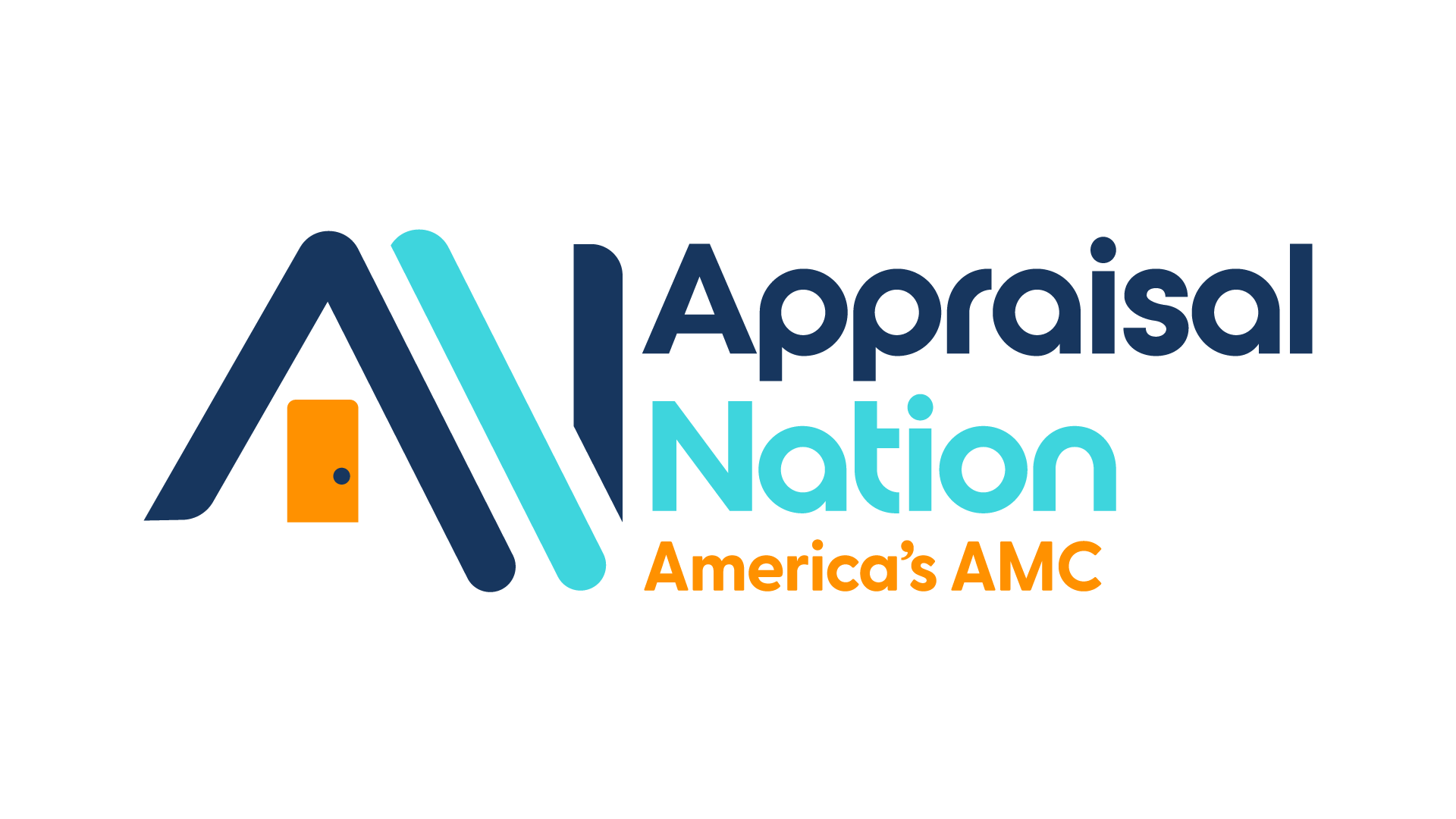
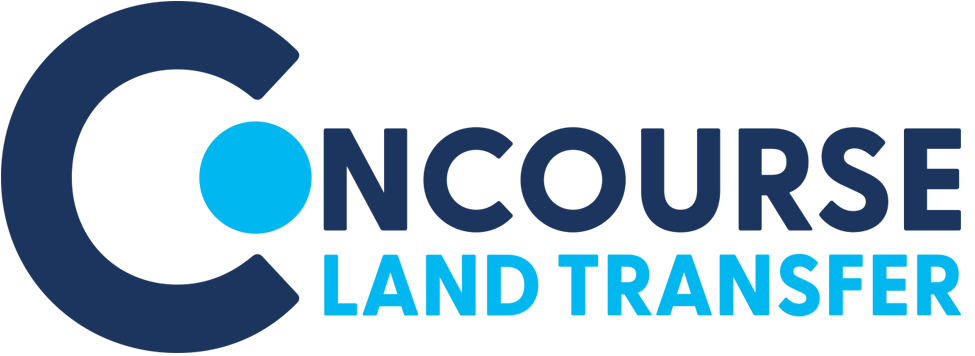
What our partners are saying about us
We love when mortgage brokers are able to use our ALL-IN-ONE partnership to help grow their business.
Chad, you have been great to work with! We really enjoy your knowledge of guideline and quick communication.
Thanks again for helping us win new business with real estate agents by providing a great product and great communication!

Andrew Chavez
So glad to partner with EPM! I am loving the processing times and the communication!

Cody Pyle
EPM has kicked it into high gear! Turn times are perfect! I love EPM!!

Michelle (Miki) Gospodarek
Always goes above and beyond expectations. Respect and trust is something that cannot be bought, but rather earned. EPM has my loyalty, trust, and many many more loans me and my team will submit.

Gustan Cho
We wanted to show our appreciation on your hard work on our files and giving us an excellent experience with EPM. We have put a significant chunk of our business with you guys because of this experience.

Evan Dockstader

Chris Miller
I needed a little timeline push on my last couple EPM deals for CTC and Jamal really stepped up and made it happen. He is also always quick to answer a text/call and he is a true partner. Also, EPM’s current process from docs to funding is so smooth, seamless and FAST!!! I appreciate it so much.

Aria James

Gary Reynolds
EPM hits it out of the park with exceptional service and communication! I am a very happy client!

Robin Willard
Thank you all! This was my first file at Nexa and it went unbelievably smoothly! You all rock!

Kristina Parks
We are just about to close my first brokered loan with EPM and I could not be more impressed with the entire experience. To put it simply, I hate brokering loans for various reasons, but mainly it’s the speed and control concerns. This one experience however, has made me rethink my hesitancy.

Jeffrey Brown
Close your file in minutes, not hours
